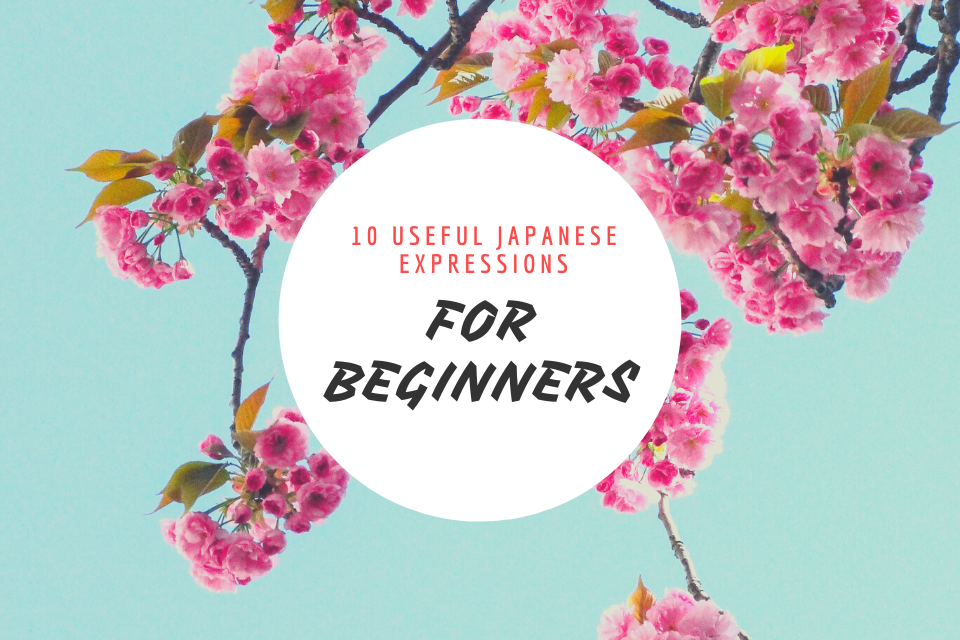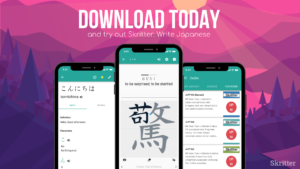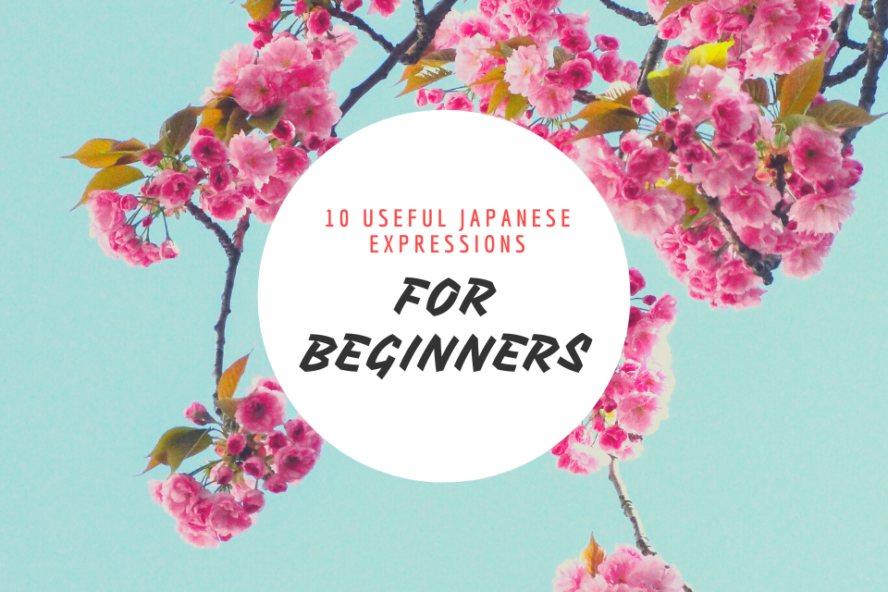
Here are some polite phrases that are very useful when just starting to learn Japanese. This assumes you’ve already learned things like はい (yes)、いいえ (no)、
and ありがとう (thanks)!
Learn these and you’ll be able to greet people in Japanese, know how to politely ask if they could repeat themselves (which is very useful if you don’t have very good listening comprehension), and even ask for a recommendation at a restaurant!
1.初めまして
はじめまして (hajimemashite) means “Nice to meet you”.
Literally it translates something close to “This is the first time”.
2.お元気ですか
おげんきですか (ogenki desu ka) means “How are you?”
You can answer this question with “元気です”, or ”はい、元気です”.
Make sure not to say ”お元気です” — the お in front is a polite / honorary prefix which should only be used when asking about someone else!
3.よろしくお願いします
よろしくおねがいします (yoroshiku onegaishimasu) pretty much translates to “I look forward to working with you.”
Literally it means something more close to “Please treat me well”.
4.もう一回言ってください
もういっかいいってください (mou ikkai itte kudasai) means “Please say that another time.”
You could also say もう一度言ってください (using 一度 instead of 一回) to say “Please say that one more time”.
5.もう少しゆっくり話してください
もうすこしゆっくりはなしてください (mou sukoshi yukkuri hanashite kudasai) means “Please speak a bit slower”.
This is very useful if you can’t catch what they’re saying because it’s so fast, and if think you might have a better chance if they slowed down a bit.
6.お願いします
おねがいします (onegaishimasu) means “please” and is a bit more polite than ください (which also means “please”)
7.どうぞ
どうぞ (douzo) means “Please” (in offering). Instead of using this to ask for something, you can use this when offering something to someone else!
8.~は何ですか
~はなんですか (wa nan desu ka) means “What is”, so you could say これは何ですか (kore wa nan desu ka) meaning “What is this?”
You could also use the word おすすめ (osusume) which means “recommendation”: おすすめは何ですか (osusume wa nan desu ka) means “What is your recommendation?” and is useful if you don’t know what to order at a restaurant.
9.結構です・大丈夫です
These are two different ways to politely decline something.
けっこうです (kekkou desu) means “I’m fine” or “That’s okay”.
だいじょうぶです (daijoubu desu) also means “I’m fine” or “I’m okay”.
You can also use 大丈夫です if you’re literally okay, for instance if it seems like you got injured or something, and someone asks “大丈夫ですか”, you can reply with “大丈夫です”.
You could also use 大丈夫です to assure someone that something is fine– like saying “It’s alright”.
10.こちらこそ
こちらこそ means something like “It is I who should say so”.
Although it’s a phrase, there’s two words here– こちら and こそ.
こちら means “this way” and こそ means “surely; for sure”.
If someone thanks you, but you feel thanks equally back, you could say “こちらこそ、ありがとう” which means “The thanks is on this side!” or “I should thank you, too”.
You can also use this if someone says to you よろしくお願いします. You can reply back with こちらこそ、よろしくお願いします!




